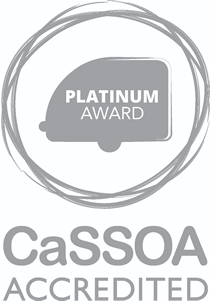Update on Equine Herpes Virus (EHV 1) Alert. Please read this original statement from The British Horse Society, and that received from British Dressage 27.03.13.
Dear Supporter
You may have seen the recent news stories concerning an outbreak of Equine Herpes Virus (EHV 1) in Gloucestershire. Two horses have been shown to have the neurological form of the disease and one the respiratory form. It appears that others are also showing signs but have yet to be definitively diagnosed.
Although not a legally notifiable condition, EHV 1 is contagious and does have the potential to be quite a serious disease. Indeed, the neurological form can lead to paralysis. In most cases, EHV 1 is spread via respiratory transmission so wherever horses are brought together from different yards there is the possibility for the disease to spread if one of the horses present is affected. For this reason the Heythrop have very responsibly suspended hunting for a week.
It is important to be aware that the risk of your horse contracting EHV 1 is very small and there is certainly no need to panic. However, as with any disease, spotting it early is the best thing for your horse so the BHS felt it would be useful to provide a short refresher on EHV 1 and its signs. For most people this will just be precautionary information but the recommendation is that anyone who has hunted with the Heythrop since 24 January should put their horse into quarantine for a minimum of 10 days. The same should apply for all horses on the same yard, even if they have not been hunting.
Although aimed at a different disease (Strangles) our STEPS leaflet provides lots of useful information about quarantining and isolating horses.
Many of the clinical signs of EHV 1 can be confused with other diseases. A high temperature is a key indicator and it is essential to monitor the temperature of ‘at risk’ horses. Affected horses will tend to be disinterested and off their food, as well as showing typical respiratory disease signs such as coughing and a nasal discharge. If a horse is affected by the neurological form of the disease you may see some incoordination or just general ‘wobbliness’.
Should you have any concerns at all that your horse may be affected please contact your vet immediately.
The BHS is part of the group that produces the HBLB Codes of Practice. There is much helpful information about EHV in the Codes which you can access here.
If anyone has any further concerns about EHV or would like more information, please contact our BHS Welfare Team on 02476 840517 or email welfare@bhs.org.uk
Kind regards
The British Horse Society
Please find below the attached advice we have received today (27.03.13) from British Dressage concerning the running of competitions for venues and how they will manage their forth-coming Winter Dressage Competition. Please could riders and owners of horses be vigilant to help stamp out this virus:
Organisers update on EHV & Guideline from BD
EHV & Winter Dressage Championships from BD


